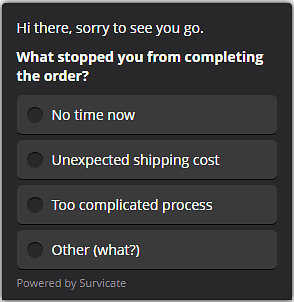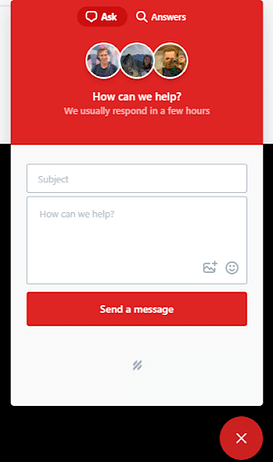Join our Facebook Group
Actor-observer bias
The actor-observer bias also known as "fundamental attribution error" is a type of attributional bias that plays a role in how we perceive and interact with other people. When people judge their own behaviour, they are more likely to attribute their actions to a particular situation than to their personality. However, when an observer is explaining the behaviour of another person, they are more likely to attribute this behaviour to the actors' personality rather than to situational factors. This frequent error shows the bias that people hold in their evaluations of behavior.
What Is Actor Observer Bias?
Essentially, people tend to make different attributions depending upon whether they are the actor or the observer in a situation. People tend to succumb to this bias less frequently with people they know well, such as close friends and family members. Why? Because we have more information about the needs, motivations, and thoughts of these individuals, we are more likely to account for the external forces that impact behaviour.
How Can One Manage the Actor Observer Bias?
The Actor-Observer effect is one tricky cognitive bias because everyone is affected by it. It can lead to misunderstandings because, in real life, attribution is something we all do every day, usually without any awareness of the underlying processes and biases that lead to our inferences. Business owners tend to fall victim to this bias when assessing the user experience of their websites.
Actor Observer Bias Examples
No one likes being called unhealthy. We dislike people thinking poorly of our lifestyle choices. What if you were faced with a brand that had a great product for you but their copy spoke about your bad choices? It will make you feel defensive and reject their claims. Compare this to a copy that acknowledged how taxing work from home is, the difficulties of getting a dependable staff member to clean your team, and how much you already have on your plate! You're doing the best you can. Our product will make your life easier and save you ~20 minutes a day without you having to lift a finger. What do you think will have a better impact on conversion?
User testing
Running usability tests is a great way to assess your website to identify bottlenecks. The goal of conducting usability tests is to understand if your website is usable and intuitive enough for users to accomplish their goals. Don't discount the valuable feedback you can get through this process as you always have to put yourself in your visitors' shoes.
Web Exit Surveys
This is a type of survey that pops up when visitors are exiting your website and it can be used to gather useful information.

Live Chat Transcripts
Live Chats are instantaneous and visitors are likely to use them once they encounter a problem/issue on the website. This turns the Live Chat into a priceless resource for gaining insight on the bottlenecks your visitors are facing, when the chat transcripts are looked at, one can start to identify trends in the chat logs and specifically look for keywords that address the issues users might face when on your website.

Example of hypothesis applied
If we gather more data, then conversions can increase for all users on all devices, because of ruling out the Actor-observer bias.
References
The references contain experiments and studies that prove this bias is there.
Books
Would you like to go more in-depth? Here are our recommendations:


Frequently Asked Questions
What is the Actor Observer Bias?
The actor-observer bias is a type of attributional bias that plays a role in how we perceive and interact with other people.
Definition of Actor Observer Bias?
Essentially, people tend to make different attributions depending upon whether they are the actor or the observer in a situation.
How can you manage the Actor Observer Effect?
You can manage the Actor Observer Effect with User testing, Web Exit survey, Live Chat, and more.
Will you use psychology for your experimentation process?
Are you curious about how to apply this bias in experimentation? We've got that information available for you!
Join over 452+ users
- Lifetime access to all biases
- Filter on metrics, page type, implementation effort
- More examples and code for experimentation
Choose your subscription!
Pay with Stripe
Lifetime deal PREMIUM
Get access to the search engine, filter page, and future features.